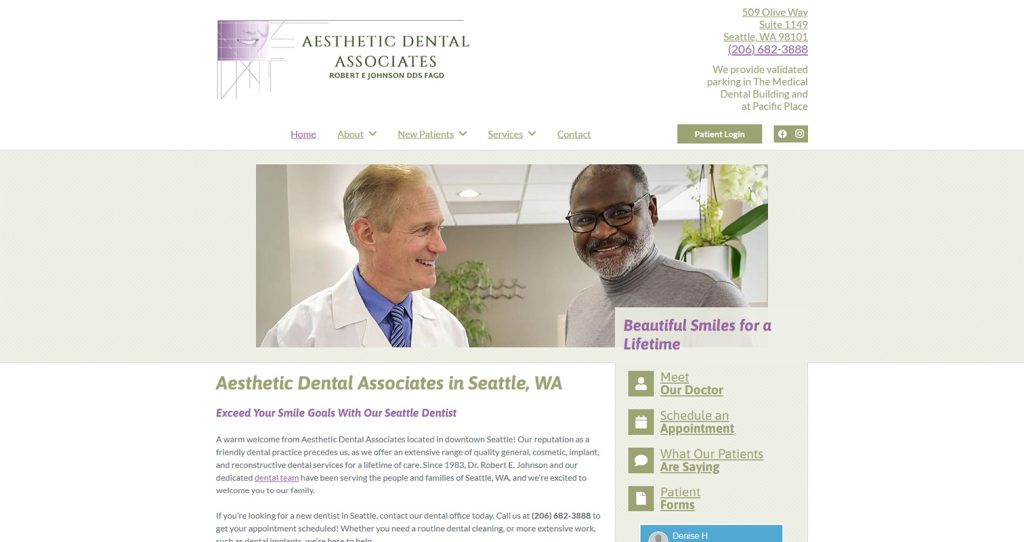The SEO Basics for Topical Authority
You can’t build topical authority on your website without the foundation of SEO basics.
On-Page Optimization
On-page optimization includes implementing title tags, meta descriptions, and header tags, that help search engines understand the topic and relevance of a page. Meta descriptions influence click-through rates from SERPs and should effectively summarize the topic to improve relevance signals.
Header tags structure content hierarchically, guiding search engines in context understanding and topic identification. H tag subheadings enhance the readability of long-form content, contributing to a better user experience, and helping readers to easily skim content.
Site Structure and Navigation
A logical site structure and user-friendly navigation aren’t just for the aesthetics of your website, but they also help search engines understand the relationship between topics and pages, bolstering topical authority. Content silos organize website content by keyword-based themes, which enhances content visibility and supports topical authority. An evergreen URL structure fosters consistency and aids in making the website’s content clear to search engines and users. Inbound links are also a great way to ensure that your website is easy to navigate through.
Keyword Research
To establish topical authority, you need to target not just the best keywords, but all the relevant keywords under your specific topic or niche. This includes creating keyword clusters that you can use on each page, making sure you cover all semantically related topics, and avoiding duplicating any content. We suggest creating a pillar page for each topic. This pillar page allows you to include all relevant links to each subtopic and ensure you don’t miss any relevant information needed.






